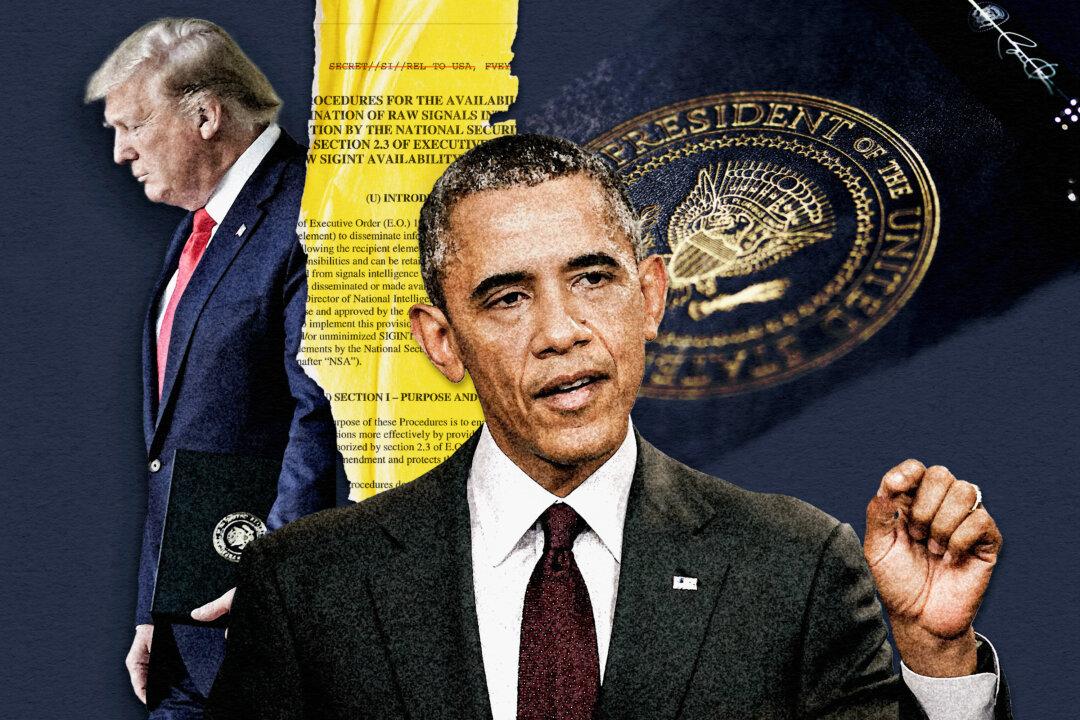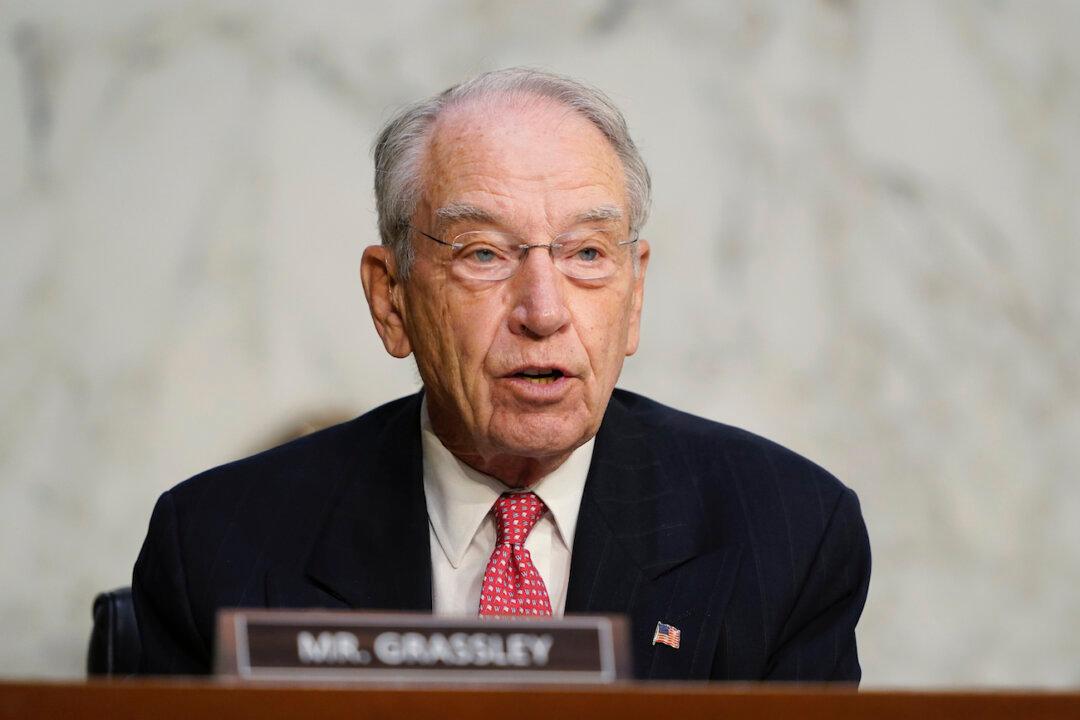News Analysis
The presiding judge of the Foreign Intelligence Surveillance Act (FISA) court, James Boasberg, issued a 19-page opinion and order on March 5, examining possible remedies for the material errors and omissions made by the FBI in its surveillance application on former Trump campaign foreign policy adviser Carter Page.





